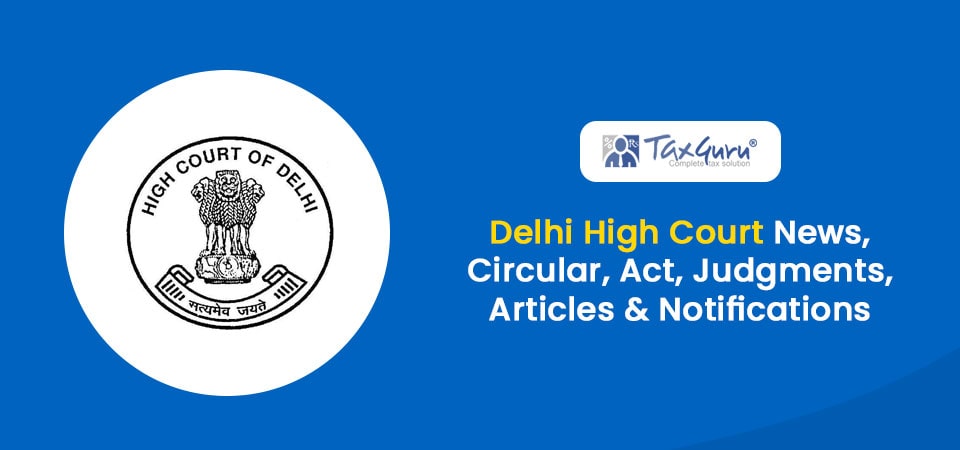SEBI’s Turn out on Defaults on Payment of Interest /Repayment of Principal Amount on Loans From Banks / Financial Institutions by Listed Entities
Default occur when borrower is unable to make timely payments or avoid to make payments which ultimately lead to failure to meet the legal obligations (or conditions) of a loan. In this case Companies are borrowers, taking heavy amount of loans from banks and other financial institutions. In Recent times, we have seen that Banking Headlines over the last few months have been dominated by a decline in specific bank share prices that have highlighted both the broader credit issues in the economy and the lack of speed in recognition of Non Performing Assets(NPAs).
One of the major reason behind this crisis is Fraud and absence of Corporate Governance Standards by the Companies which deserve greater attention as it has created grave issues.
Need of hour for Lender is to access sectoral, company and project risk keeping in mind the micro structure of their Balance Sheet which can held necessary to resolve the problems.
Corporates in India are even today primarily reliant on the loans from Banking Sector. Many Banks and Financial Institutions are presently under considerable stress on account of large loans to corporate sector turning into stressed assets /NPAs.
Stressed Assets is a powerful indicator of the health of the Banking System:-
Stressed Assets = NPAs + Restructured Loans + Written off assets
NPAs = Interest or principal for loan and advance not paid for period of 90 days
Restructured Loans = It was past NPA or it has been modified into new loan which got an extended repayment period, reduced interest rate, converting a part of the loan into equity, providing additional financing, or some combination of these measures. Future remains risky.
Written off assets = are those the bank or lender doesn’t count the money borrower owes to it. The financial statement of the bank will indicate that the written off loans are compensated through some other way. … But in the balance sheet of the bank, a bad asset should not remain bad forever.
Stressed Assets of Banks are increasing day by day which is badly affecting the economy.
Some Companies have also taken up initiation for insolvency and bankruptcy proceedings.
As a Result of which, Cycle is not being completed and heavy amounts of Loans are not being returned by Corporates to the Banks.
SEBI’S ROLE
To deal with the current situation, SEBI has turns out Circular dated 21st November, 2019 ;
1. Facts of Circular:
1. Applicable – to all listed entities which have listed any of the following: specified securities (equity and convertible securities), NCDs and NCRPs.
2. Disclosure – entity default in payment of interest/instalment obligations on loans, including revolving facilities like cash credit from banks/financial institutions and unlisted debt securities.
2. Proviso
Revolving facilities like Cash Credit would be considered default, if outstanding balance remains continuously in excess of sanctioned limit or drawing power, whichever is lower for more than 30 days.
3. Timing of Disclosure –
Listed Entities on default of revolving facilities like cash credit for more than 30 days shall be made promptly, but not later than 24 hours from 30th day of such default.
In case of Unlisted debt securities, disclosure shall be made promptly but not later than 24 hours from default.
4. Disclosure Formats –
Prescribed in SEBI Circular SEBI/HO/CFD/CMD1/CIR/P2019/140 dated 21st Nov, 2019 and SEBI Circular. CIR/CFD/CMD/93/2017 dated 4th August, 2017 is rescinded
Disclosures as applicable in terms of above circular, shall made beginning Jan 01, 2020 in format prescribed.
{References: SEBI Circulars}
Disclaimer: All the views expressed are my own and do not represent the opinions of any entity whatsoever with which I have been, am now or will be affiliated. These are general ideas and views and not the legal opinion.

























